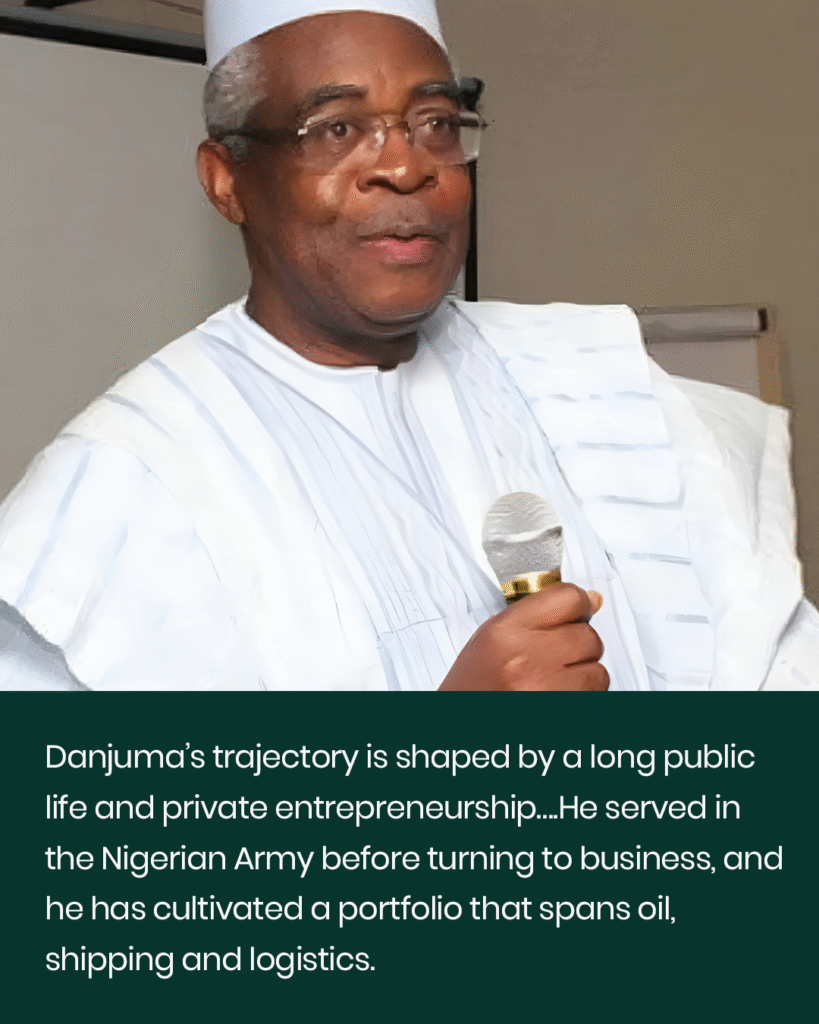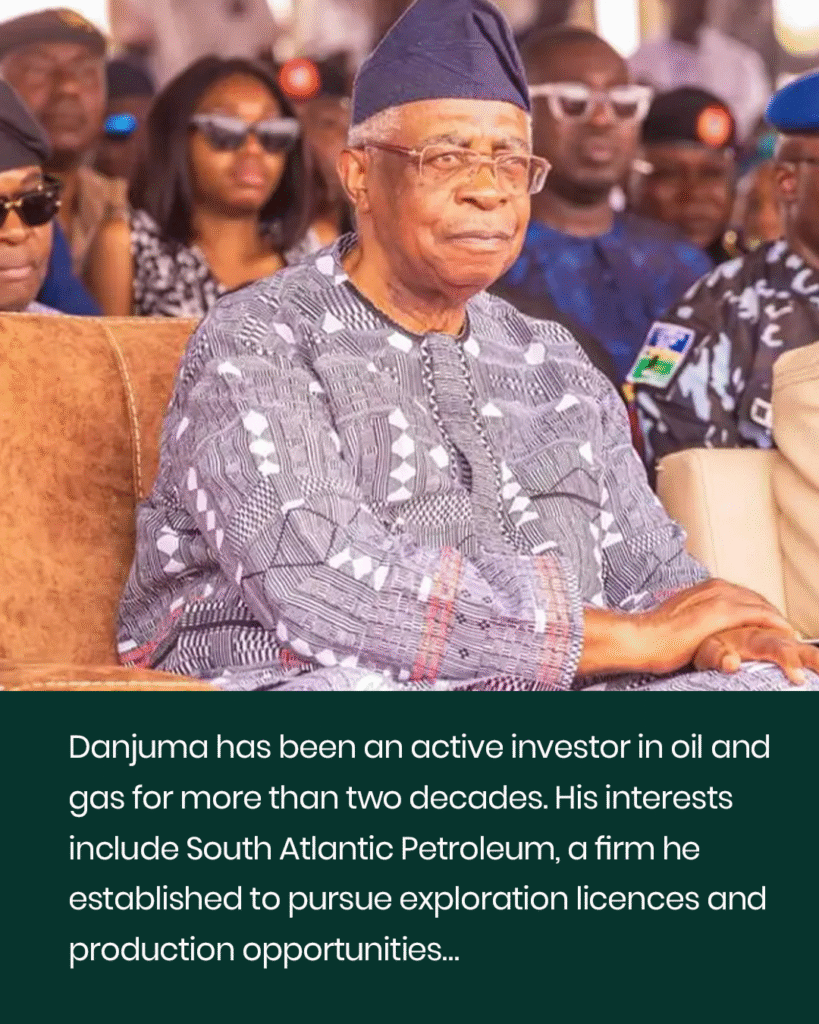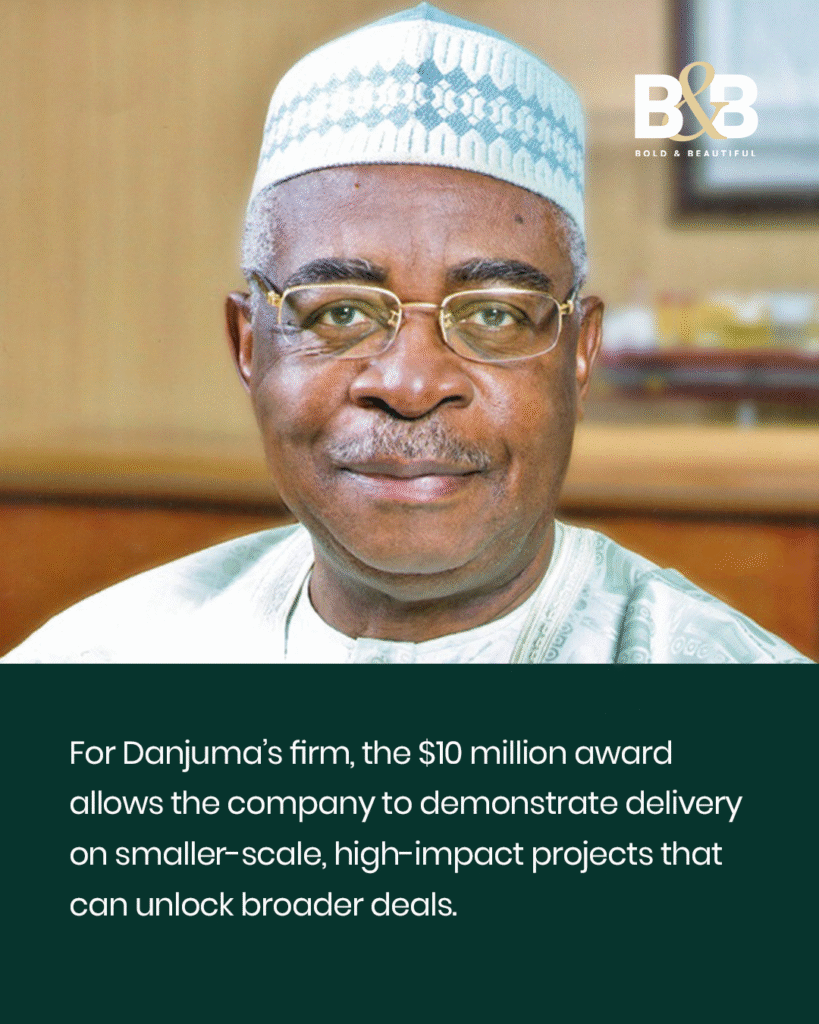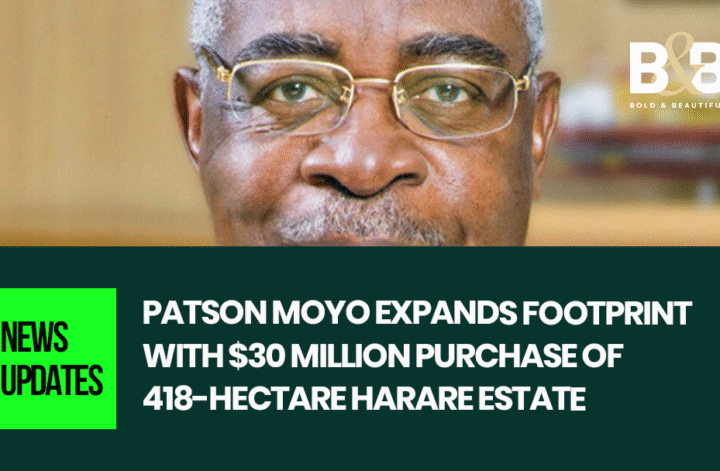Chief Theophilus TY Danjuma’s energy company has won a $10 million oil contract that industry insiders say will broaden its upstream footprint and deepen its role in Nigeria’s petroleum sector. The agreement, finalised this month, comes as local firms continue to press for larger shares of exploration and production work.
The contract covers a phased work programme that includes field evaluation and initial development activities. Company officials describe it as a strategic, revenue-generating deal designed to strengthen operational capability and create room for further commercial bids across the Gulf of Guinea and neighbouring basins.

Danjuma has been an active investor in oil and gas for more than two decades. His interests include South Atlantic Petroleum, a firm he established to pursue exploration licences and production opportunities. South Atlantic Petroleum and related holdings have positioned him among Nigeria’s most influential private-sector figures in energy.
The new contract signals confidence in locally managed projects. International oil companies continue to dominate major deepwater ventures, but the past ten years have seen indigenous groups increase their technical partnerships and portfolio holdings. For Danjuma’s firm, the $10 million award allows the company to demonstrate delivery on smaller-scale, high-impact projects that can unlock broader deals.
Analysts who track the market point to two practical outcomes from the deal. First, it will give the firm measurable production or appraisal results that can be used to secure financing. Second, it will expand opportunities for Nigerian contractors and service providers, a commercial ripple that often follows awards led by domestic operators.

Danjuma’s trajectory is shaped by a long public life and private entrepreneurship. He served in the Nigerian Army before turning to business, and he has cultivated a portfolio that spans oil, shipping and logistics. His philanthropic foundation and private investments have kept him in the public eye while his companies build operational depth.
The deal also matters politically. Energy contracts that move into Nigerian hands reduce reliance on foreign firms for routine field work and create space for local value chains to mature. For policymakers, every credible indigenous operator able to execute onshore or nearshore projects strengthens arguments for wider local participation and tighter domestic content enforcement.
Execution will be the test. The coming months will show how the firm manages contractors, secures skilled personnel and meets regulatory milestones. Success on this contract could open doors to larger blocks and joint ventures on terms that favour Nigerian partners.

For the market, this award is a reminder that legacy industry figures still shape opportunity flows. Where global capital tilts toward major fields, nimble domestic groups can win commercially meaningful pockets of value and build track records that attract capital. How Danjuma’s team translates the $10 million contract into follow-on work will determine whether this becomes a pivot point or a single success.





